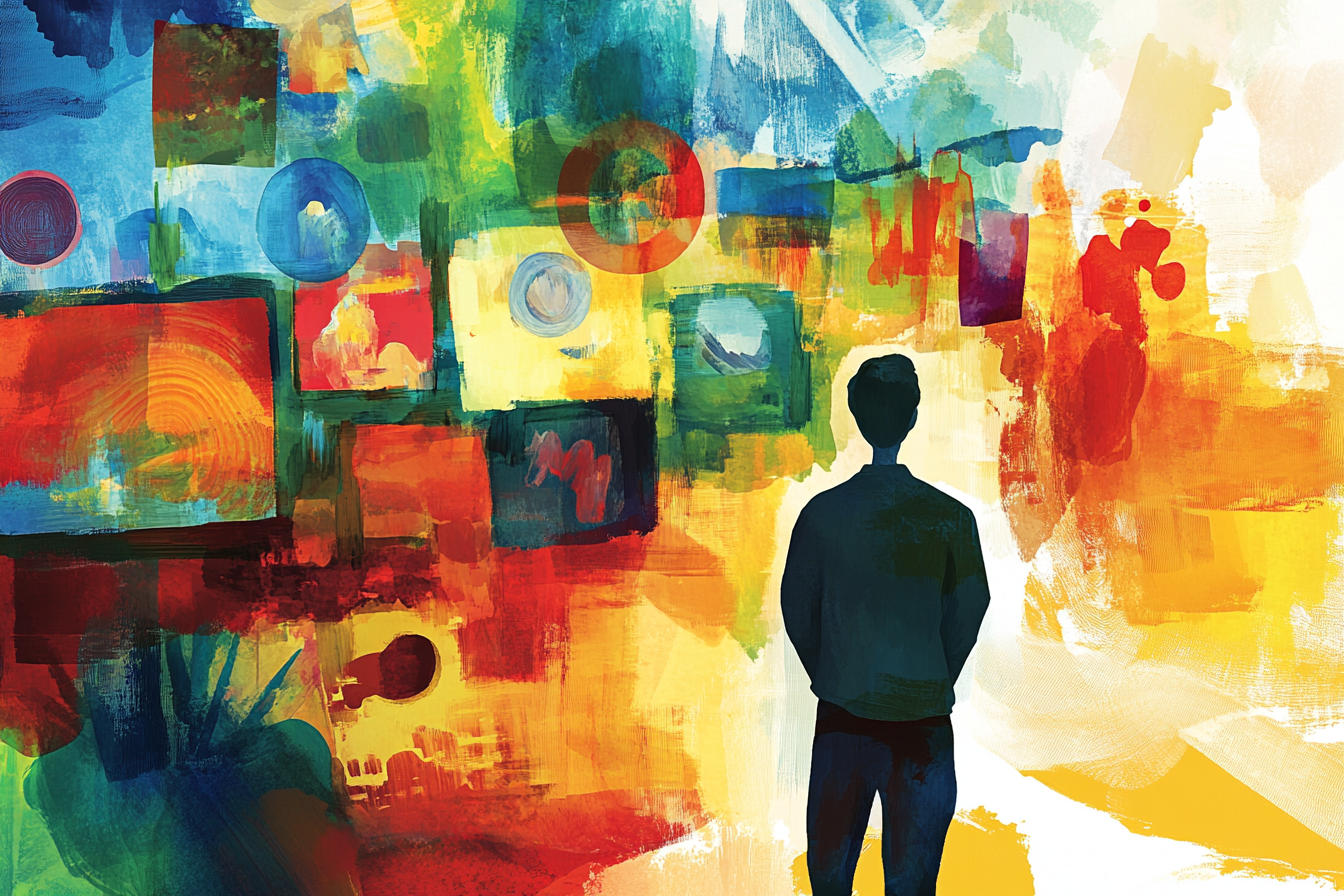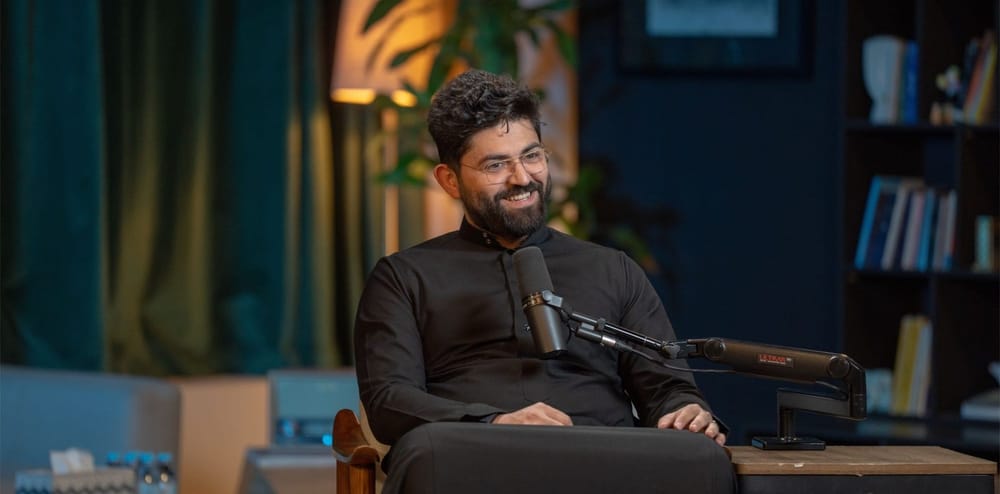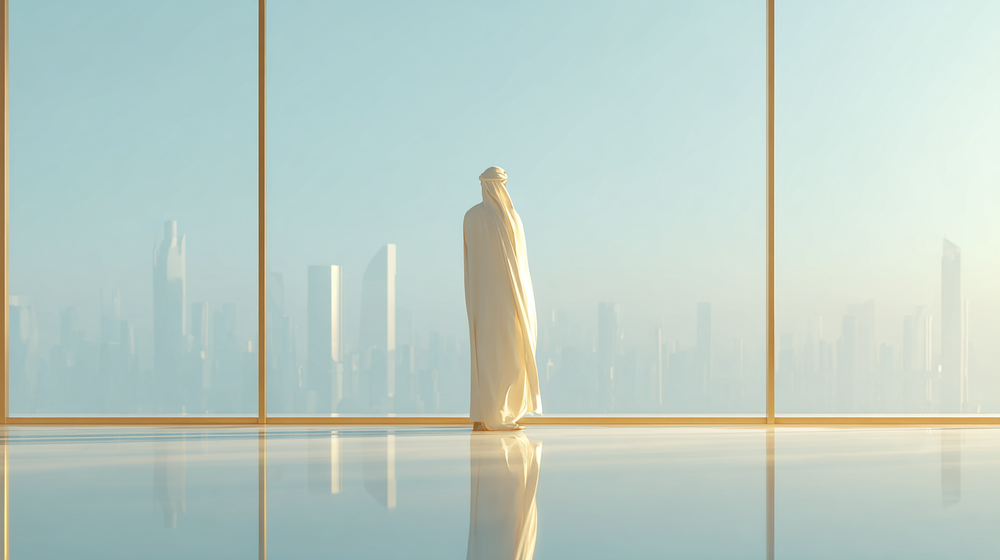I am, by nature, someone who loves speed. If a task needs to be done, I want it done today, not tomorrow. When a vision is clear, I prefer it to be executed sharply, as quickly and well as possible. For me, momentum has always been more than a preference; it has been a way of life.
But then one day, life did something I wasn’t prepared for: it forced me to wait.
It wasn’t the kind of delay I could negotiate my way around. It wasn’t the type of obstacle I could push through with more effort. It was the kind of situation where no matter how much I planned, no matter how fast I moved, the outcome was simply beyond me.
That day, I realized execution, my greatest strength, was not enough.
When Speed Meets Its Limit
At first, I resisted. I asked myself a hundred times what else I could do. I replayed scenarios, rethought strategies, and exhausted my energy trying to outmaneuver time itself.
But the more I tried, the more powerless I felt. It was as if life had placed me in front of a locked door and whispered: You cannot open this, not now.
And for someone like me, who has built an identity around action, decisiveness, and results, this was not just frustrating. It was humbling.
The Philosophy of Patience
That’s when patience stopped being an abstract virtue I heard others talk about and became a discipline I had to practice.
Patience is often misunderstood. People think it means doing nothing, waiting passively, sitting still until the world catches up. But I learned that patience is not emptiness; it is energy redirected. It is choosing to act where your hands can reach and to release what is beyond them.
Patience is the farmer who plants seeds and waters them, knowing he cannot command the rain. It is the traveller who walks steadily, trusting the path to reveal itself one step at a time. It is the parent who raises a child, aware that growth cannot be rushed, only nurtured.
In my moment of waiting, I learned this truth: Patience is not the opposite of execution. It is its partner.
Doing What You Can, Letting Go of What You Cannot
The shift came when I stopped asking, What can’t I do? and started asking, What can I do?
I discovered there is always something within your reach—some small action, some inner work, some refinement of your craft, some investment in relationships or in yourself. That is where patience directs your energy: into what matters now, instead of what lies outside your control.
And in that shift, something else happens: the waiting no longer feels like wasted time. It becomes preparation. It becomes the quiet foundation for the future you cannot yet see.
The Mastery of Balance
Speed will always be a part of me. It is how I build, how I dream, how I bring visions to life. But I have learned that speed without patience burns you out, while patience without action keeps you stagnant.
Mastery lies in the balance: to act swiftly when the moment is yours, and to wait calmly when it is not.
The truth is, every life is shaped by both urgency and delay, by execution and endurance, by beginnings that we can rush toward and endings that arrive on their own terms. And the measure of wisdom is knowing when to sprint and when to stand still.
Why This Lesson Endures
The day I was forced to wait, I thought life was robbing me of progress. Now, I see it differently. Life was teaching me how to endure what I cannot control, without losing sight of what I can. It was teaching me to trust time, not just effort.
And perhaps most importantly, it was teaching me that patience is not weakness. It is strength under restraint. It is belief stretched across time. It is the courage to let life unfold at its own rhythm while you remain steady at yours.
✨ To be fast is a skill. To be patient is wisdom. To hold both at once, that is mastery.





